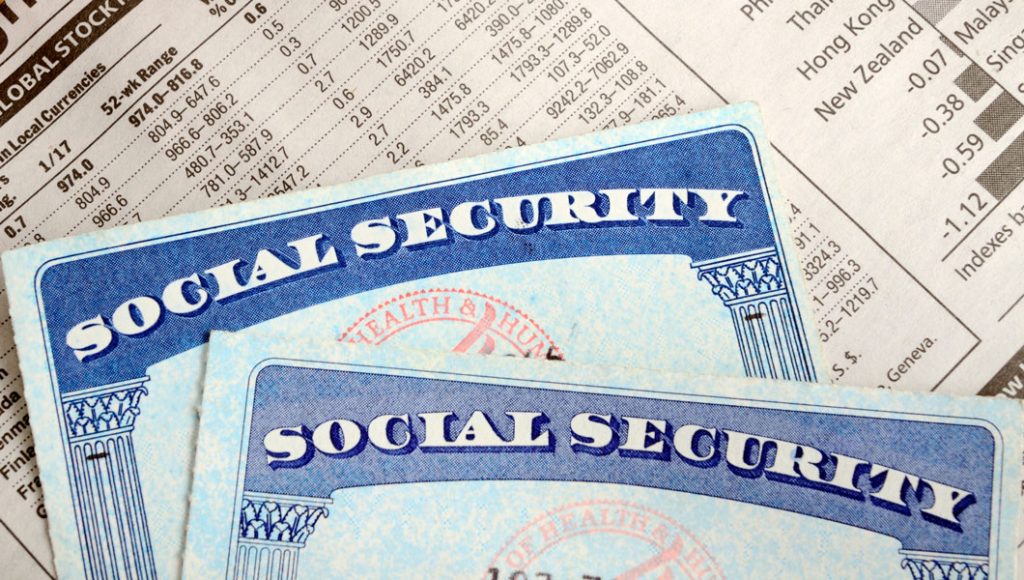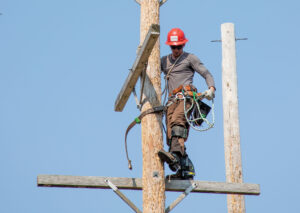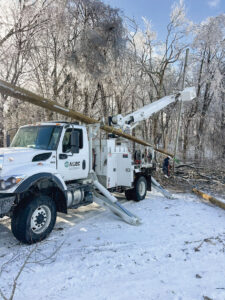In 2021, the Federal Trade Commission (FTC) received 5.7 million incident reports in the consumer marketplace. About half were identified as fraud and a quarter as identity theft. Those statistics don’t tabulate utility fraud specifically, but the Better Business Bureau says it receives about 1,000 complaints of utility scams annually.
While most do the right thing and hang up the phone or contact their utility rather than handing over money or private information, more than $6 billion in losses to various scams were reported in 2021. According to Utilities United Against Scams, the average victim loses about $500.
Avoiding a utility scam isn’t as simple as it sounds. Scammers can take you by surprise. They might be the most charming people you ever met. They might bully you into acting. It can be hard to say “no” in the moment.
Scammers are notorious for recognizing when people are vulnerable. Fraud reports skyrocketed during the COVID-19 pandemic. FTC figures show complaints rising from 3.5 million in 2019 to more than 5.5 million in 2021.
The best way to avoid being a victim of a utility scam is to call your electric co-op directly. Scammers will try to rush you into acting, but no billing situation is so urgent you can’t check on it.
If you lose money on a scam, don’t be embarrassed. Report it to your electric co-op. The state attorney general is responsible for going after fraud and will want to know about any suspicious schemes. You might even be able to get your money back.
Letting the appropriate contacts know about a scamming operation can help protect others and let you feel secure in enjoying your electric service.









